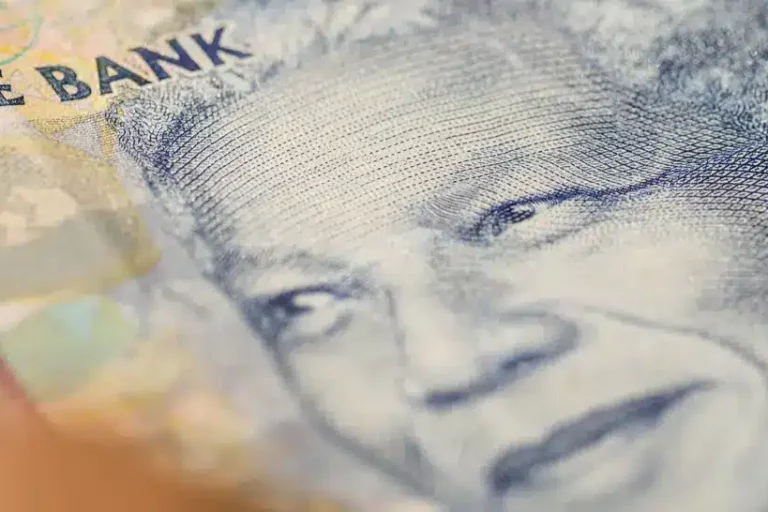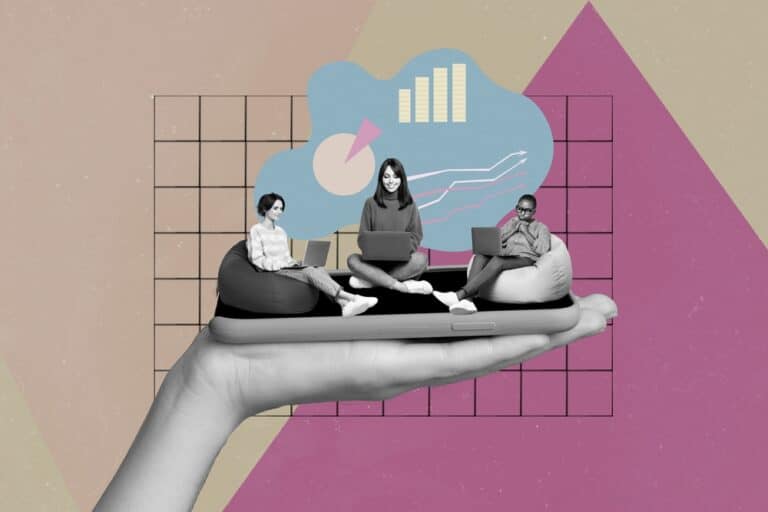The “Secret” To Unlocking Discretionary Energy

When we think about discretionary money, it’s the money we have left over after we’ve paid for all of our necessities, all of our bills, fulfilled our financial obligations. We use our discretion to decide how we want to spend it. We get to choose. Perhaps we’ll save a few dollars. Or go out for a meal. Or find a gift for a friend or loved one.
Discretionary energy is the same. After we’ve spent energy on the necessities, the things we believe we “must do,” we use our discretion to decide how we want to spend any remaining energy. We could go out with friends. Read a book. Clean a long-overlooked closet. Garden. Play video games.
In the world of work, the phrase “discretionary energy” gets used this way: “Great leaders are able to unlock our employees’ discretionary energy, their creativity and innovation and collaboration.”
Like most things, this sounds simple, but we know it’s not that clear cut. In June 2019 Forbes magazine reported that leadership development is a $366 billion global industry. Staggering, right?
What’s the secret? Here it is: Leaders must exist in the relationships with their people in a way that makes their people want to CHOOSE to give their discretionary energy to that relationship. To use their DISCRETION to DECIDE to allocate more of their precious energy to the job.
And that’s complicated. The organization may put obstacles in the way of success. Leaders, being human, may not always be consistent. Employees, also human, don’t always respond predictably. There is no act of completion. As Carl Jung said, we are perpetually wanting beings. We need proof point after proof point over time to reassure us where we stand in any relationship. When I channel Beyoncé, I like to say, “You’re not done just because you put a ring on it.”
This can be as long as a piece of string. Maybe that’s why immediately after declaring the size of the leadership development industry, Forbes goes on to say, “Most programs don’t work.”
There are three key questions to ask as you are trying to “unlock your people’s discretionary energy” towards Agile or any other corporate initiative:
- Is there any discretionary energy available?
- Do our employees feel it is the safe or sensible choice to deploy their discretionary energy for the benefit of the company?
- Do our managers use performance reinforcement to reassure our employees on where they stand in their relationship with our company?
INSIGHTS





